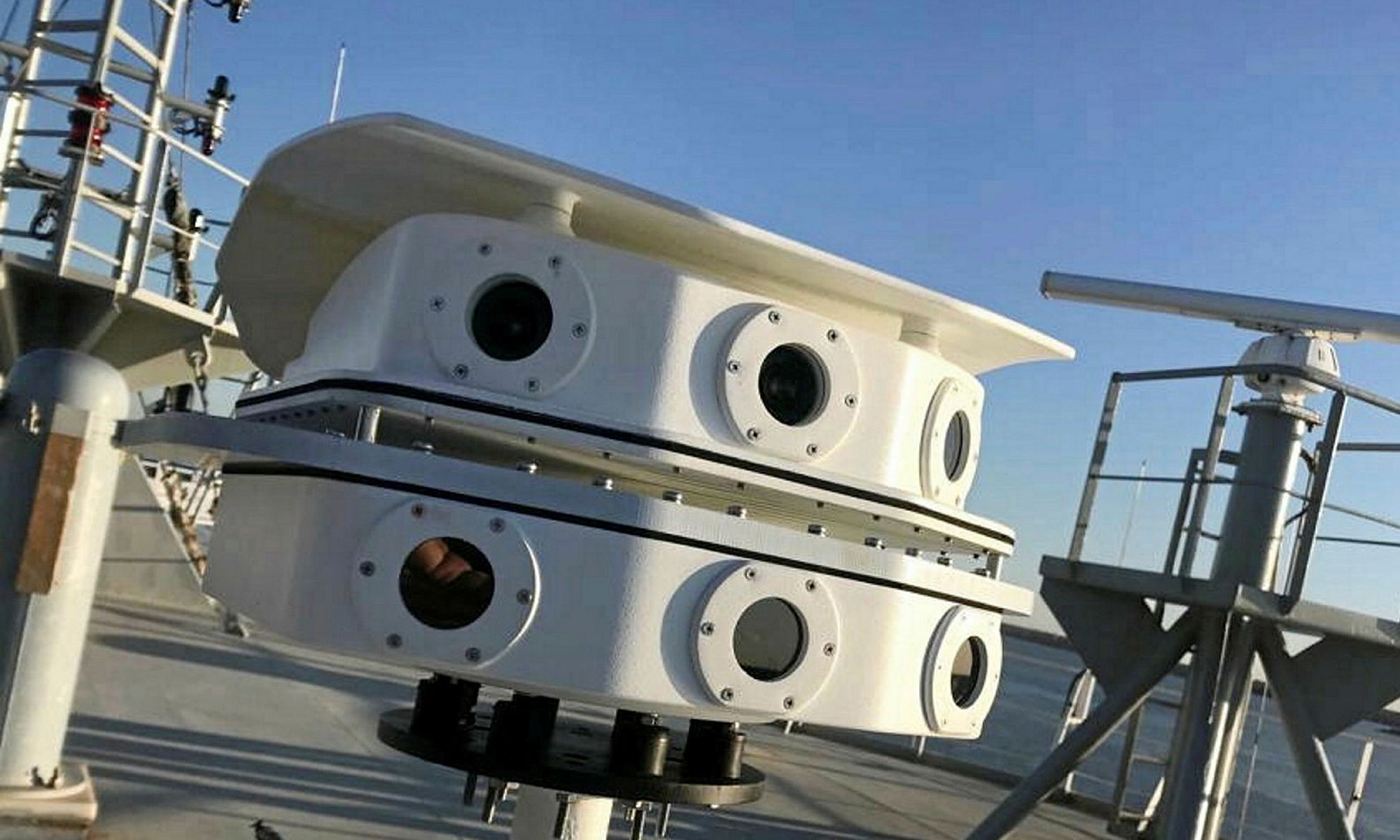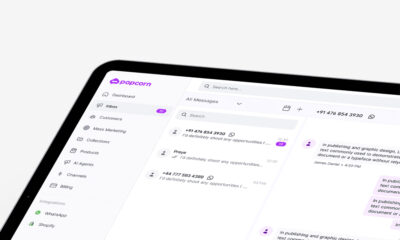News
Orca AI To Save Lives With Its Collision Avoidance System For Ships
Orca AI combines data from sensors with artificial intelligence to provide real-time insights that reflect the changing conditions at sea.

The recent Suez Canal blockage, which lasted for six days after a 400-metre-long (1,300 ft) container ship ended up wedged across the waterway due to the combination of strong winds and human errors, showed the whole world just how easily can major shipping accidents happen and how severe and long-lasting their impact can be. Unfortunately, the Suez Canal blockage was just one of several thousand marine incidents that occur annually. Now, one Tel Aviv-based company has successfully raised €10.8 million in a Series A round to work on its ship navigation and collision avoidance system, Orca AI.
“The maritime industry has come leaps and bounds in recent years, but is still far behind aviation with technological innovations. Ships deal with increasingly congested waterways, severe weather and low-visibility conditions creating difficult navigation experiences with often expensive cargo,” says Orca AI CEO and co-founder Yarden Gross.
Orca AI combines data from sensors with artificial intelligence to provide real-time insights that reflect the changing conditions at sea. The system can be used for individual ships to deliver predictions and alerts on hazards, but it can also supply fleet managers with insights on the risk behavior and patterns of the entire fleet.
Also Read: Dubai-Based Startup Huspy Helps Emiratis Buy Homes Online
“Utilizing onboard navigation sensors and high-resolution cameras with proprietary AI algorithms, the technology is able to provide valuable insight such as alerting the crew on dangerous targets, prioritize risk in real-time and sort out complex navigation situations,” explains Dor Raviv, Co-Founder & CTO of Orca AI.
Other tech companies are also trying to make the shipping industry safer and less prone to costly accidents. For example, the Saudi Arabian Oil Company is using AI technology to monitor its maritime fleet, while Stockholm-based X Shore is exploring an auto-docking solution that could greatly streamline what’s arguably the most dangerous part of getting a massive cargo ship from point A to point B.
News
Samsung Smart Glasses Teased For January, Software Reveal Imminent
According to Korean sources, the new wearable will launch alongside the Galaxy S25, with the accompanying software platform unveiled this December.

Samsung appears poised to introduce its highly anticipated smart glasses in January 2025, alongside the launch of the Galaxy S25. According to sources in Korea, the company will first reveal the accompanying software platform later this month.
As per a report from Yonhap News, Samsung’s unveiling strategy for the smart glasses echoes its approach with the Galaxy Ring earlier this year. The January showcase won’t constitute a full product launch but will likely feature teaser visuals at the Galaxy S25 event. A more detailed rollout could follow in subsequent months.
Just in: Samsung is set to unveil a prototype of its augmented reality (AR) glasses, currently in development, during the Galaxy S25 Unpacked event early next year, likely in the form of videos or images.
Additionally, prior to revealing the prototype, Samsung plans to introduce…
— Jukanlosreve (@Jukanlosreve) December 3, 2024
The Galaxy Ring, for example, debuted in January via a short presentation during Samsung’s Unpacked event. The full product unveiling came later at MWC in February, and the final release followed in July. Samsung seems to be adopting a similar phased approach with its smart glasses, which are expected to hit the market in the third quarter of 2025.
A Collaborative Software Effort
Samsung’s partnership with Google has played a key role in developing the smart glasses’ software. This collaboration was first announced in February 2023, with the device set to run on an Android-based platform. In July, the companies reiterated their plans to deliver an extended reality (XR) platform by the end of the year. The software specifics for the XR device are expected to be unveiled before the end of December.
Reports suggest that the smart glasses will resemble Ray-Ban Meta smart glasses in functionality. They won’t include a display but will weigh approximately 50 grams, emphasizing a lightweight, user-friendly design.
Feature Set And Compatibility
The glasses are rumored to integrate Google’s Gemini technology, alongside features like gesture recognition and potential payment capabilities. Samsung aims to create a seamless user experience by integrating the glasses with its broader Galaxy ecosystem, starting with the Galaxy S25, slated for release on January 22.
























